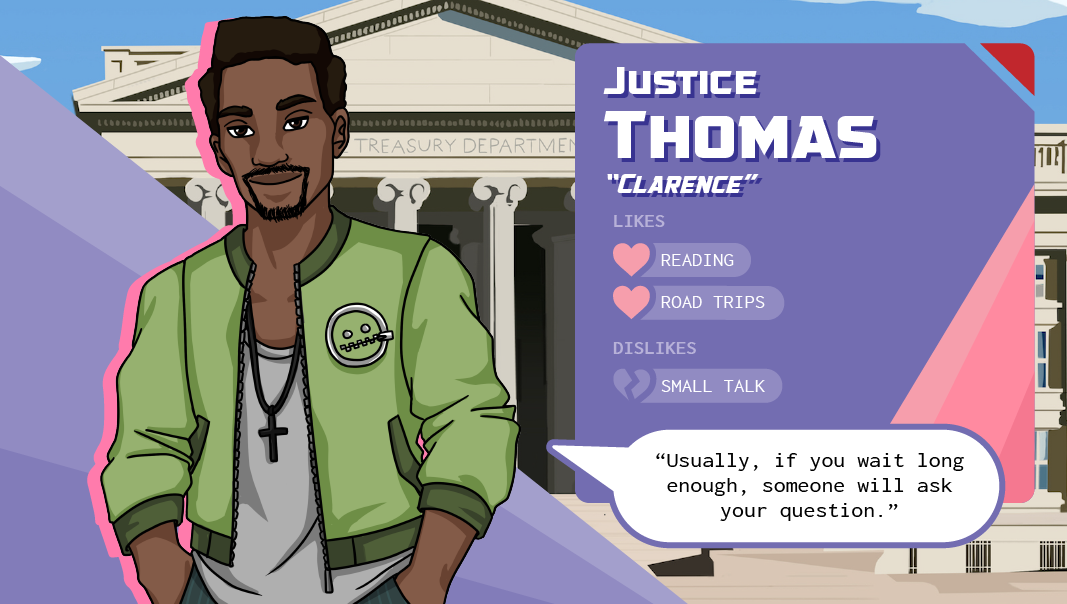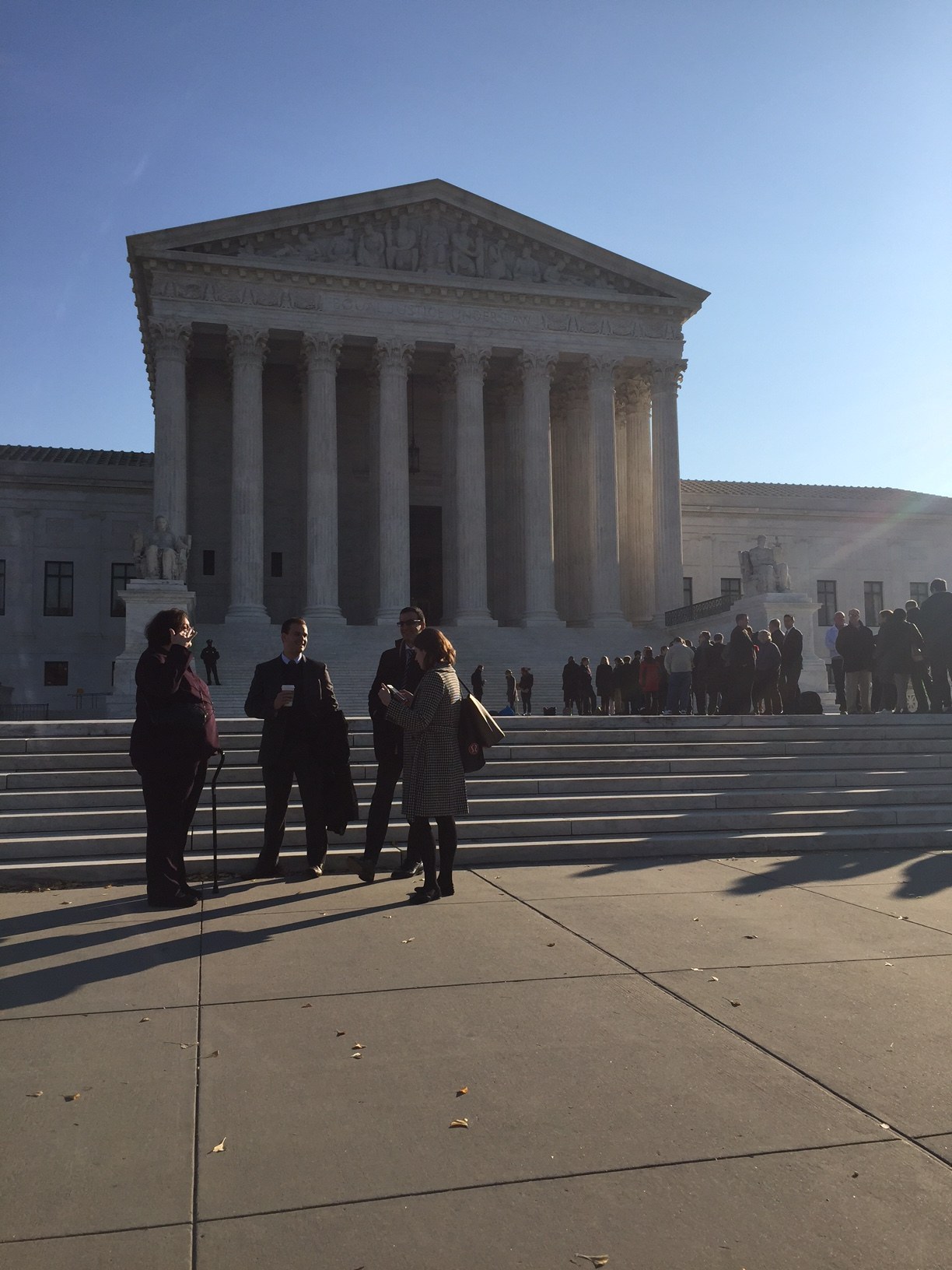
In short, arguments should be grounded in logic, not emotion.Ĭonstitution Day: Crossfire Discussion Questions If no specific legal authority can be cited, then students are encouraged to put forth their own opinions, but they should base their position on logic and provide other relevant supporting materials. Participants may bolster their position by comparing and contrasting the facts of two or more cases. To make a legally sound argument, students should connect their statements to appropriate Constitutional provisions, court cases, and/or laws.

They should provide a legally sound reason for their arguments and not simply assert their personal feelings. Students are to base their arguments on their legal research.

Positions should be supported by evidence, not emotion. Although heated debate is to be expected (and, to an extent, encouraged), the conversation should not devolve into sarcastic or disrespectful remarks, inappropriate facial expressions, or personal comments of any kind. Students are not to make disparaging remarks about others. Participants are expected to 1) listen to the positions taken by others 2) ask clarifying questions of others and 3) build on, agree, or disagree with the previous speakers' comments. No one else is to speak to the group or to other individuals when another student has the floor. Students must wait to be recognized by the student moderator before speaking. Students are organized into Crossfire Discussion groups according to their interest in the following topics:ĭuring this exercise, Crossfire Discussion group members are to exercise civility toward each other. The students do independent research on their topic in preparation for their Constitutional Crossfire Discussion. One of the learning objectives of this exercise is to give students more experience with civil discourse on controversial topics. These conversations among the students are called Crossfire Discussions or Crossfires because they stimulate debate.
#SUPREME COURTSHIP DISCUSSION CODE#

Open Meetings and Hearings of the Rules Committee.
#SUPREME COURTSHIP DISCUSSION HOW TO#



 0 kommentar(er)
0 kommentar(er)
